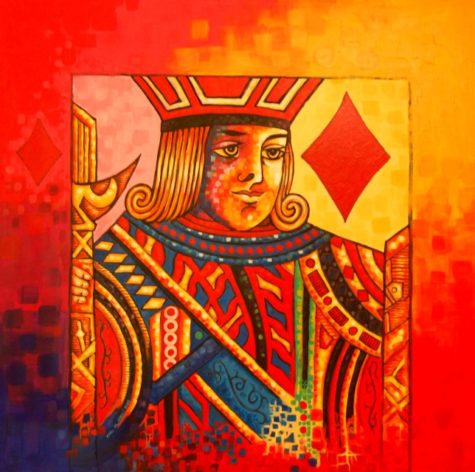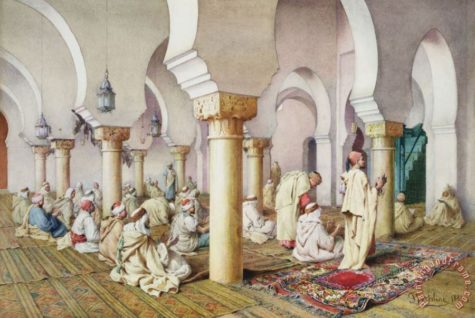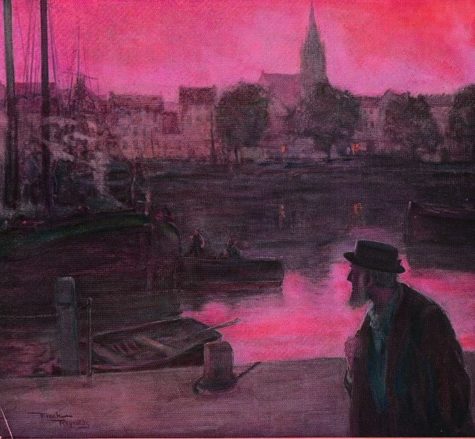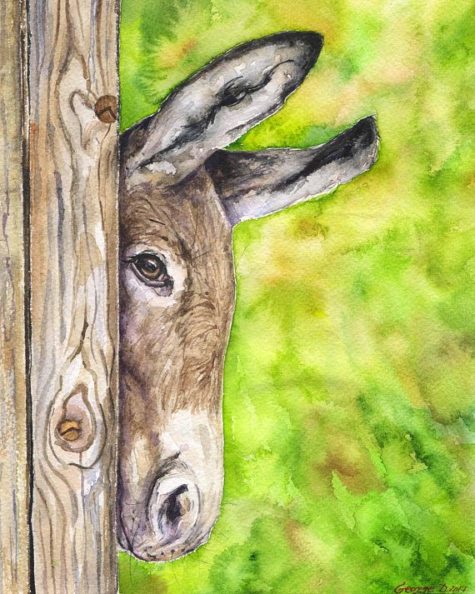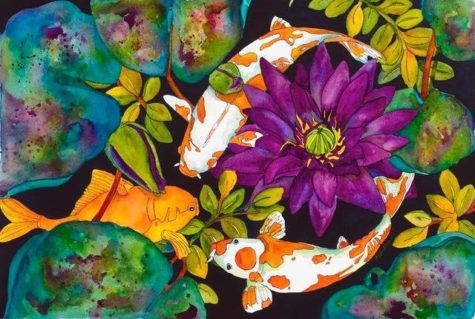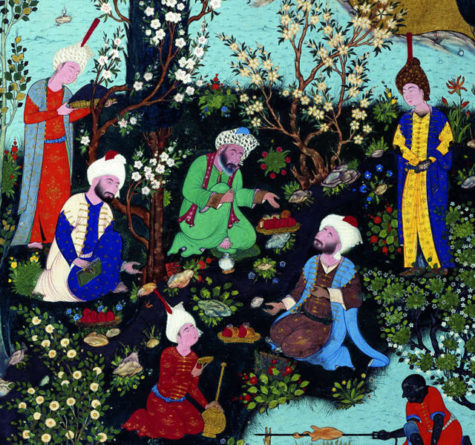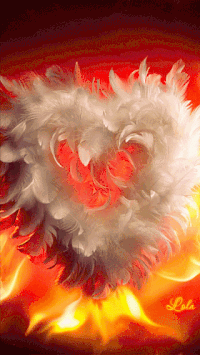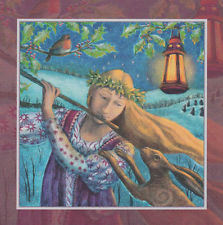Teaching Stories
Playing Cards
A Hasid complained to Rabbi Wolf that certain persons were turning night into day, playing cards. “That is good,” said the zaddik. “Like all people they want to serve God and don’t know how. But now they are learning to stay awake and persist in doing something. When they have become perfect in this, all they need to do is turn to God – and what excellent servants they will make for him then.!”
~Chassid
The Perfect Wife
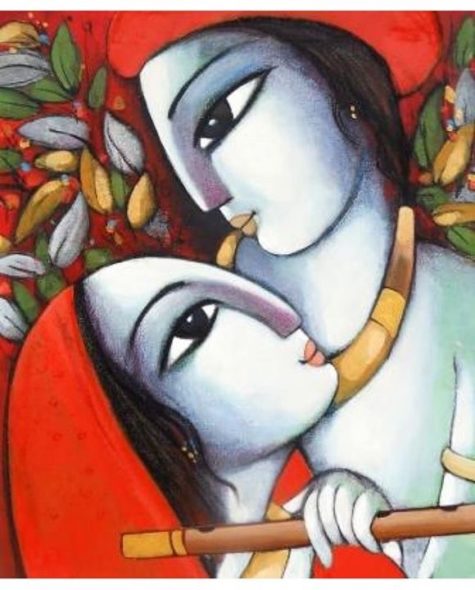 Mullah Nasruddin was sitting in a tea shop when a friend came excitedly to speak with him. “I’m about to get married, Mullah,” his friend stated, “and I’m very excited. Mullah, have you ever thought of marriage yourself?”
Mullah Nasruddin was sitting in a tea shop when a friend came excitedly to speak with him. “I’m about to get married, Mullah,” his friend stated, “and I’m very excited. Mullah, have you ever thought of marriage yourself?”
Nasruddin replied, “I did think of getting married. In my youth in fact I very much wanted to do so. I waited to find for myself the perfect wife. I traveled looking for her, first to Damascus. There I met a beautiful woman who was gracious, kind, and deeply spiritual, but she had no worldly knowledge. I traveled further and went to Isphahan. There I met a woman who was both spiritual and worldly, beautiful in many ways, but we did not communicate well. Finally I went to Cairo and there, after much searching, I found her. She was spiritually deep, graceful, and beautiful in every respect, at home in the world and at home in the realms beyond it. I felt I had found the perfect wife.”
His friend questioned further, “Then did you not marry her, Mullah?”
“Alas,” said Nasruddin as he shook his head. “She was, unfortunately, waiting for the perfect husband.”
~Stories of the Spirit, Stories of the Heart
No Tigers Here
Mullah Nasruddin is both a fool and a wise man. He was out one day in his garden sprinkling bread crumbs around the flowerbeds. A neighbor came by and asked, “Mullah, why are you doing that?”
Nasruddin answered, “Oh, I do it to keep the tigers away.”
The neighbor said, “But there aren’t any tigers within thousands of miles of here.”
Nasruddin replied, “Effective, isn’t it?”
~Stories of the Spirit, Stories of the Heart
Half and Half
Four Indians enter a mosque and begin the prostrations. Deep, sincere praying. But a priest walks by, and one of the Indians, without thinking, says “Oh, are you going to give the call to prayers now? Is it time?”
The second Indian, under his breath, “You spoke. Now your prayers are invalid.”
The third, “Uncle, don’t scold him! You’ve done the same thing. Correct yourself.”
The fourth, also out loud, “Praise to God, I haven’t made the mistake of these three.”
So all four prayers are interrupted, with the three fault-finders more at fault than the original speaker!
Blessed is one who sees his weakness, and blessed is one who, when he sees a flaw in someone else, takes responsibility for it.
Because, half of any person is wrong and weak and off the path.
Half!
The other half is dancing and swimming and flying in the Invisible Joy.
~Rumi
You Can’t Be Alive
There is a tale of a man who fell gravely ill and then appeared to have died. His body was gathered up, washed, and placed in a coffin, all the funeral preparations were made, and the priest invited.
The coffin was being carried to the graveyard when there came a knocking from inside. It was put on the ground, the lid was opened.
As people stood around he spoke up, “I am not dead, I have not died – you must take me out of here.”
But the priest in charge of carrying the coffin said “I’m sorry sir, you can’t be alive. The doctor has certified your death and the priest has also agreed upon it.”
Whereupon the lid was closed back down and the man was buried as planned.
~Stories of the Spirit, Stories of the Heart
A Soapy Story
This is a South Indian story about soap:
Soap is the dirt we buy. We introduce it to the dirt we have, and the two dirts are so glad to see each other they come out and mix! They swim together in the warm pleasurable water and, at just the right moment, the washer lifts the cloth of our true being free of both soap and dirt.
Mystical poetry and other practices may function this way, as soap that dances with what disturbs our clarity. Then at some moment they drop away and leave us clean, ready to be worn again.
~The Essential Rumi
Wandering Around
A Smuggling Story
Once upon a time, Mullah came up with a successful way of making a living: smuggling. Each week, he crossed the border between Persia and Greece with two donkeys, each loaded with a large bale of straw.
As he crossed the border in each direction, the customs officials went through everything, but could find only straw. And yet Mullah was getting richer and richer, and everyone knew it. Week by week, the customs officials became more desperate to find something, but always failed.
Many years later, Mullah retired to Egypt. One of the former customs officials looked him up and asked, “Mullah, we know that you were smuggling something all those years ago, between Persia and Greece. Now that you are safely out of harm’s way, can’t you tell me what it was?”
“Yes, my friend,” said Mullah, “now that you are also free of your responsibilities, I can tell you. I was smuggling donkeys.”
~Neil Douglas-Klotz
The Three Fish
This is the story of the lake and the three big fish
that were in it, one of them intelligent,
another half-intelligent,
and the third, stupid.
Some fishermen came to the edge of the lake
with their nets. The three fish saw them.
The intelligent fish decided at once to leave,
to make the long, difficult trip to the ocean.
He thought,
“I won’t consult with these two on this.
They will only weaken my resolve, because they love
this place so. They call it home. Their ignorance
will keep them here.”
When you’re traveling, ask a traveler for advice,
not someone whose lameness keeps him in one place.
Muhammad says,
“Love of one’s country
is part of the faith.”
But don’t take that literally!
Your real “country” is where you’re heading,
not where you are.
Don’t misread that hadith.
In the ritual ablutions, according to tradition,
there’s a separate prayer for each body part.
When you snuff water up your nose to cleanse it,
beg for the scent of the spirit. The proper prayer is,
“Lord, wash me. My hand has washed this part of me,
but my hand can’t wash my spirit.
I can wash this skin,
but you must wash me.”
A certain man used to say the wrong prayer
for the wrong hole. He’d say the nose-prayer
when he splashed his behind. Can the odor of heaven
come from our rumps? Don’t be humble with fools.
Don’t take pride into the presence of a master.
It’s right to love your home place, but first ask
“Where is that, really?”
The wise fish saw the men and their nets and said,
“I’m leaving.”
Ali was told a secret doctrine by Muhammad
and told not to tell it, so he whispered it down
the mouth of a well. Sometimes there’s no one to talk to.
You must just set out on your own.
So the intelligent fish made its whole length
a moving footprint and, like a deer the dogs chase,
suffered greatly on its way, but finally made it
to the edgeless safety of the sea.
The half-intelligent fish thought,
“My guide
has gone. I ought to have gone with him,
but I didn’t, and now I’ve lost my chance
to escape.
I wish I’d gone with him.”
Don’t regret what’s happened. If it’s in the past,
let it go. Don’t even remember it!
A certain man caught a bird in a trap.
The bird says, “Sir, you have eaten many cows and sheep
in your life, and you’re still hungry. The little bit
of meat on my bones won’t satisfy you either.
If you let me go, I’ll give you three pieces of wisdom.
One I’ll say standing on your hand. One on your roof.
And one I’ll speak from the limb of that tree.”
The man was interested. He freed the bird and let it stand on his hand.
“Number One: Do not believe an absurdity,
no matter who says it.”
The bird flew and lit on the man’s roof. “Number Two:
Do not grieve over what is past. It’s over.
Never regret what has happened.”
“By the way,” the bird continued, “in my body there’s a huge
pearl weighing as much as ten copper coins. It was meant
to be the inheritance of you and your children,
but now you’ve lost it. You could have owned
the largest pearl in existence, but evidently
it was not meant to be.”
The man started wailing like a woman in child birth.
The bird: “Didn’t I just say, Don’t grieve
for what’s in the past? And also, Don’t believe
an absurdity? My entire body doesn’t weigh
as much as ten copper coins. How could I have
a pearl that heavy inside me?”
The man came to his senses. “All right.
Tell me Number Three.”
“Yes. You’ve made such good use of the first two!”
Don’t give advice to someone who’s groggy
and falling asleep. Don’t throw seeds on the sand.
Some torn places cannot be patched.
Back to the second fish,
the half-intelligent one.
He mourns the absence of his guide for a while,
and then thinks, “What can I do to save myself
from these men and their nets? Perhaps if I pretend
to be already dead!
I’ll belly up on the surface
and float like weeds float, just giving myself totally
to the water. To die before I die, as Muhammad
said to.”
So he did that.
He bobbed up and down, helpless,
within arm’s reach of the fishermen.
“Look at this! The best and biggest fish
is dead.”
One of the men lifted him by the tail,
spat on him, and threw him up on the ground.
He rolled over and over and slid secretly near
the water, and then back in.
Meanwhile,
the third fish, the dumb one, was agitatedly
jumping about, trying to escape with his agility
and cleverness.
The net, of course, finally closed
around him, and as he lay in the terrible
frying-pan bed, he thought,
“If I get out of this,
I’ll never live again in the limits of a lake.
Next time, the ocean! I’ll make
the infinite my home.”
~Rumi
The Shrine
When he was young, Mullah Nasruddin’s father wanted to train him to take over the family business, which in this story was minding the burial shirine of a Sufi saint. Pilgrims usually tipped the guardian of the shrine, and this could slowly amount to a living. For one reason or another, Mullah was not catching on very well, so his father gave him some time to go on a journey to the East with his favorite donkey.
Far from home, Mullah’s donkey suddenly died, and he was so distraught that he buried the donkey, and then sat down and began to cry. And cry. Soon other people began to pass by, and asked Mullah what had happened. But he could only cry.
“This must be the grave of some really great saing!” said one to another, and they sat down and began to pray and meditate. A few weeks later, there was a crowd. One very enterprising and pious person organized to collect money to build a shrine around the grave, where more people could gather.
At this point, Mullah’s father became worried about what had happened to him. After months of searching, he finally found him. Mullah explained to his father what had happened, and his father whispered in his ear, “Don’t worry, my son, the same thing happened to me. That’s how I got into the shrine business.”
~Neil Douglas-Klotz
Marge and Tom Sexton: You Can’t Be Alive
JC: Joel Goldsmith On The Soul
Mayanna Anderson: The Sufi Greeting
Ena da Silva: The Sufi Greeting
Ena da Silva: The Sufi Greeting
